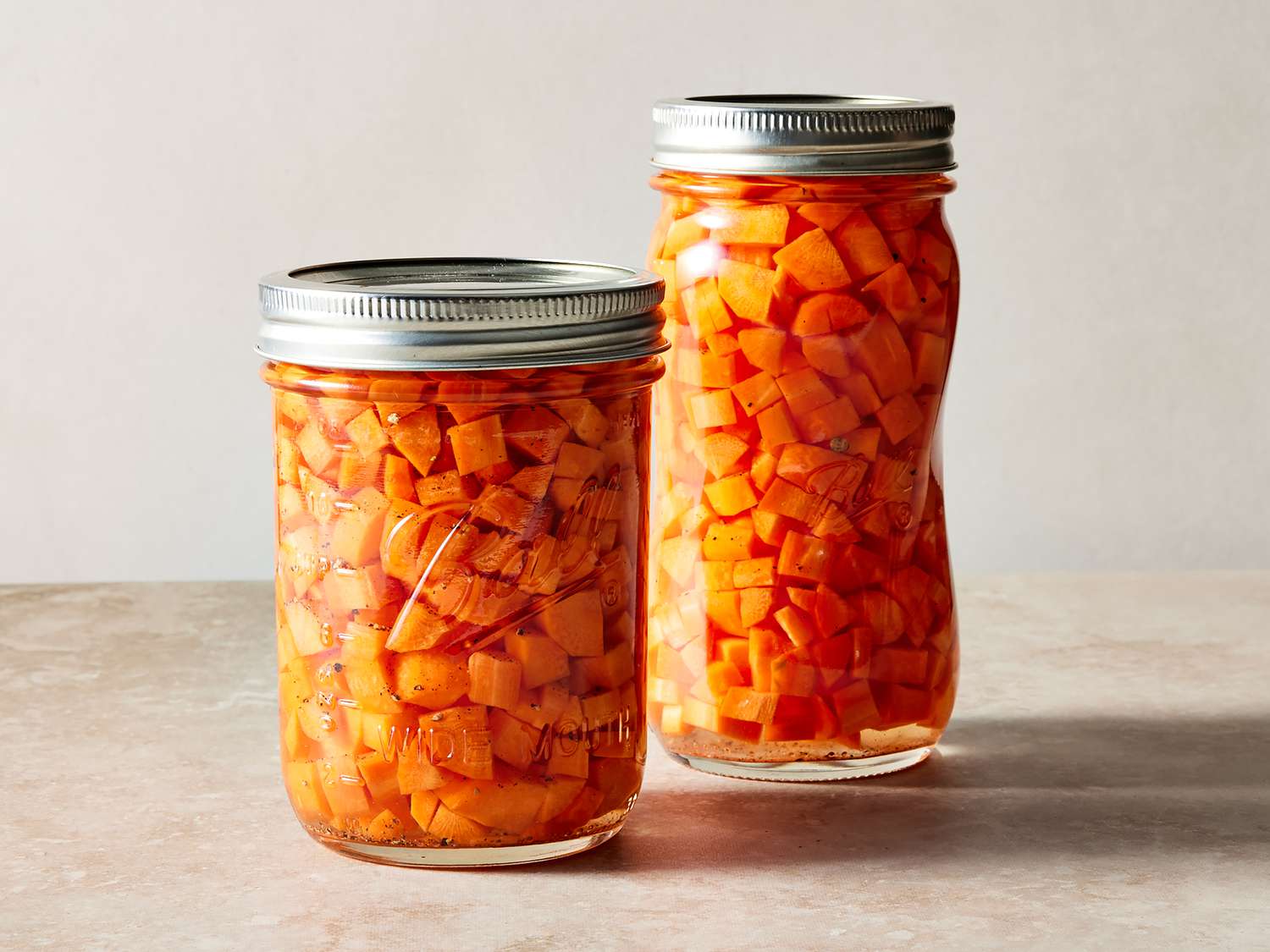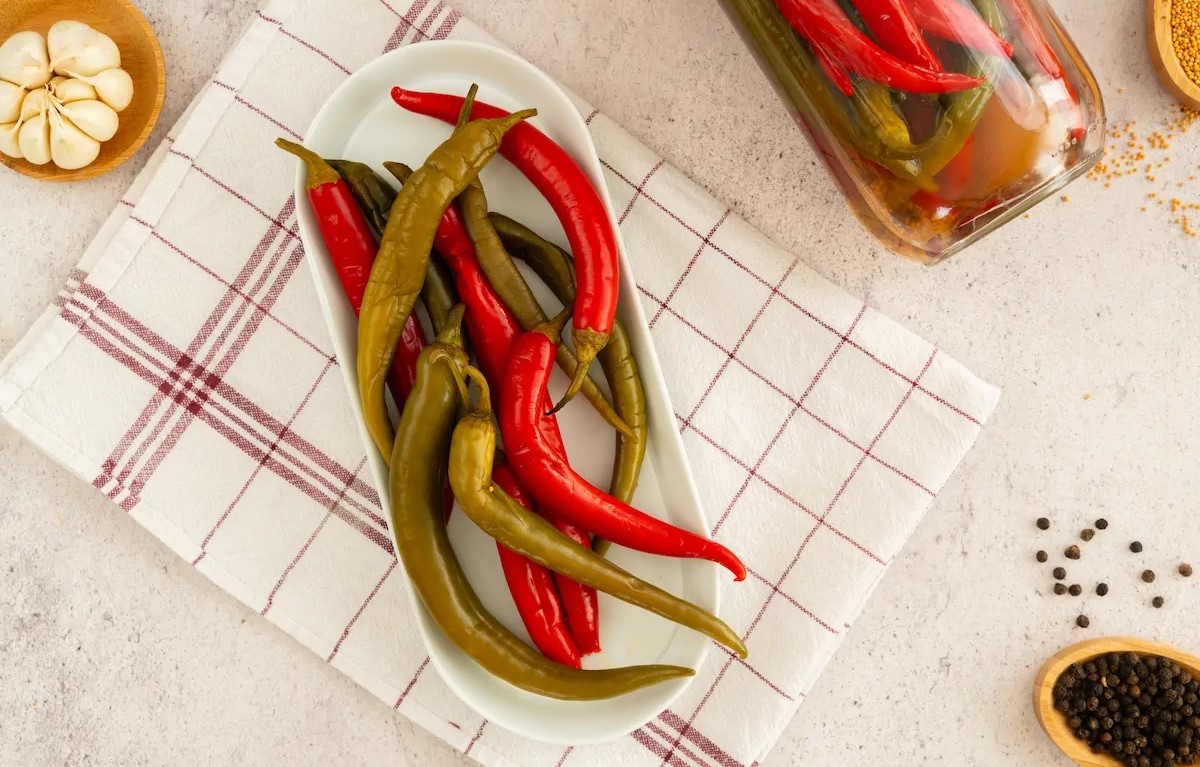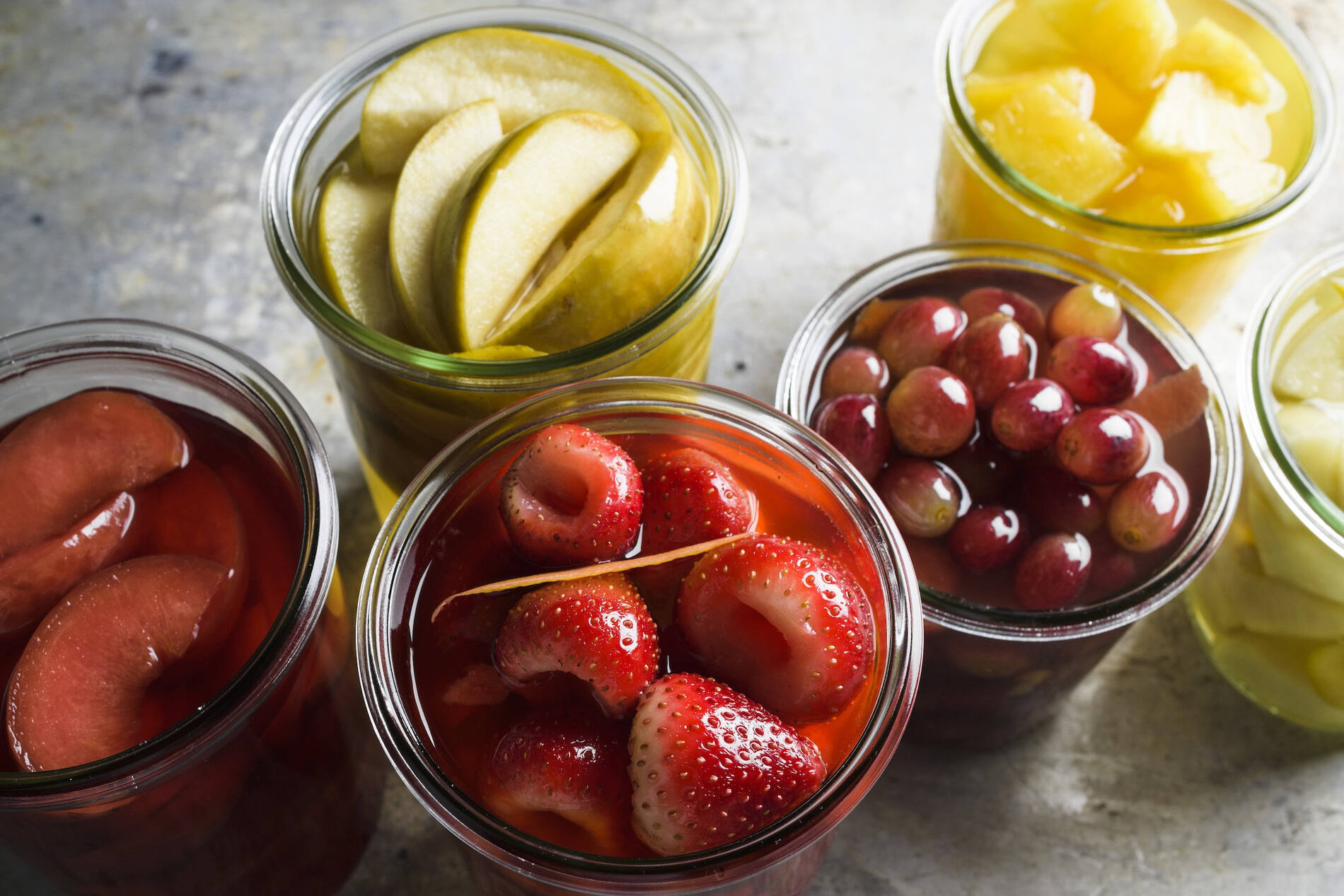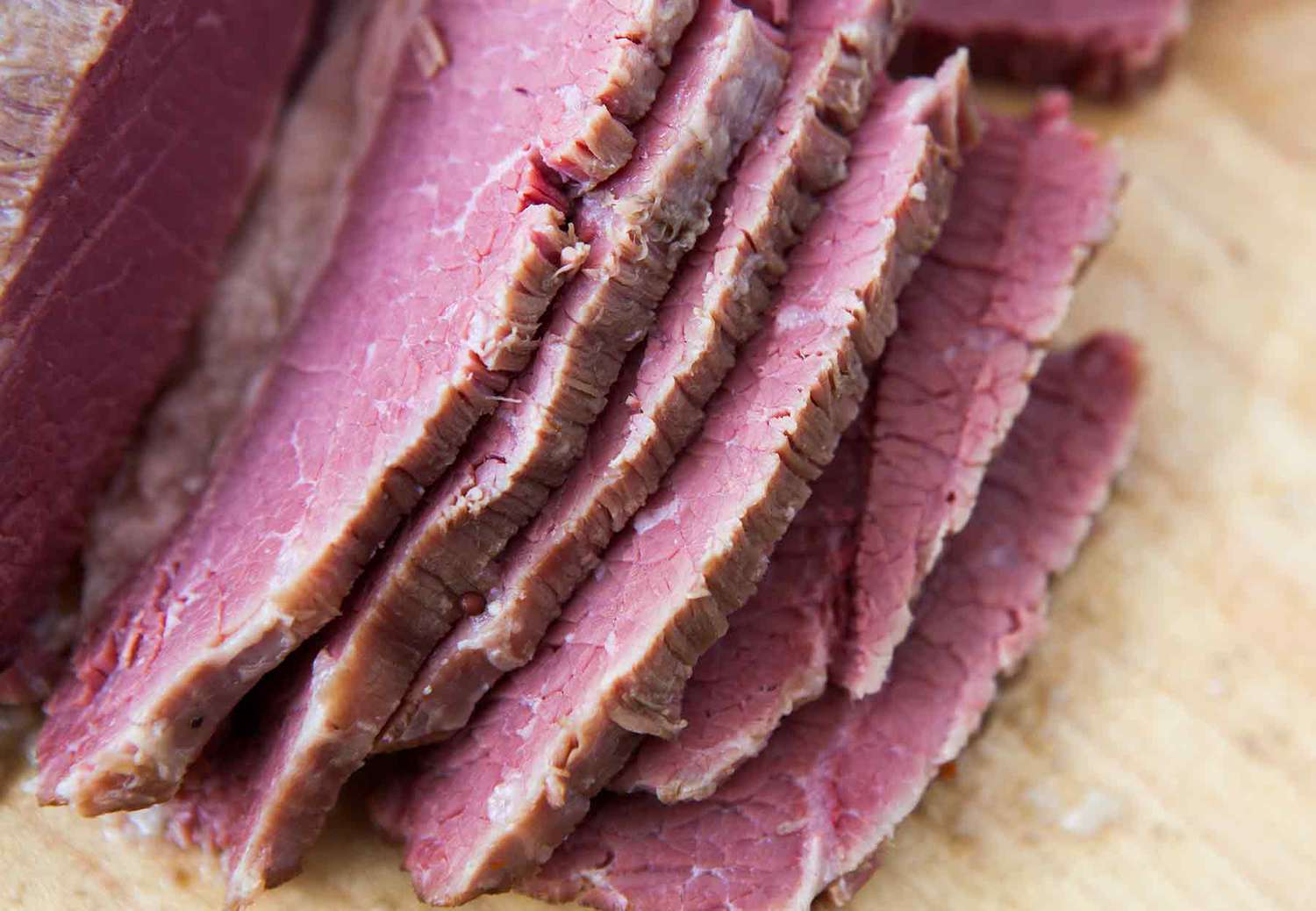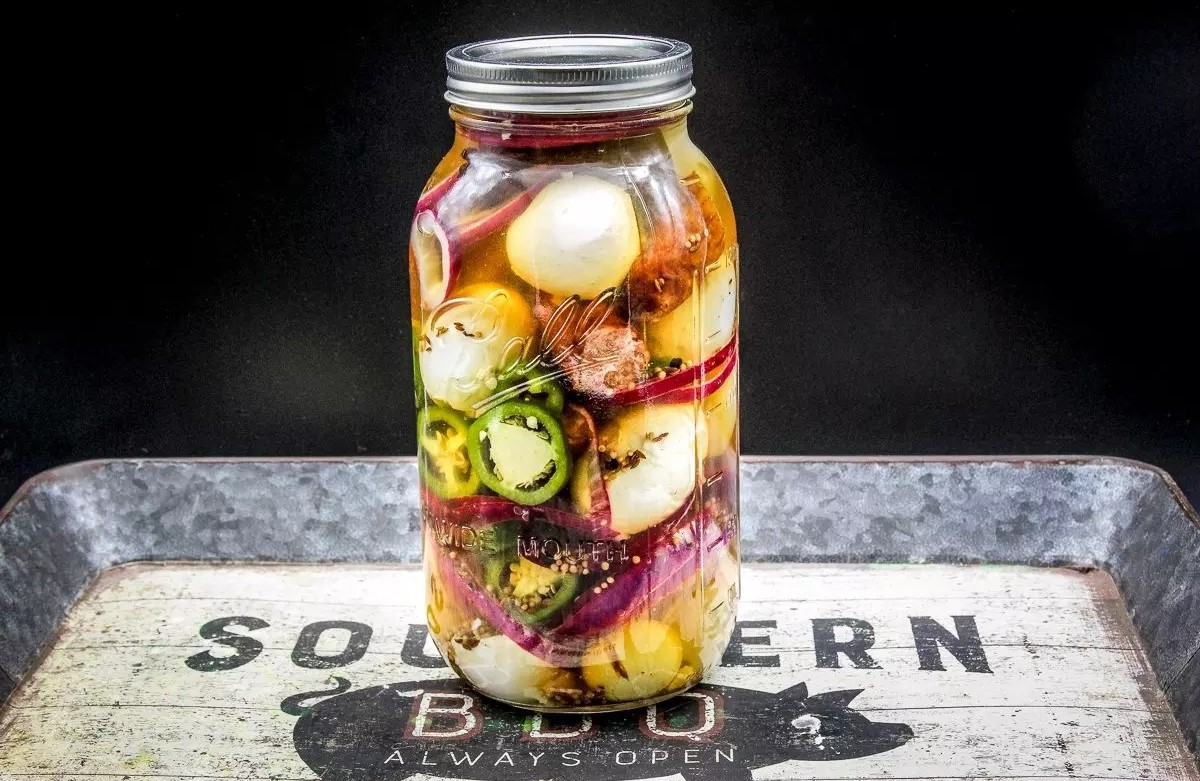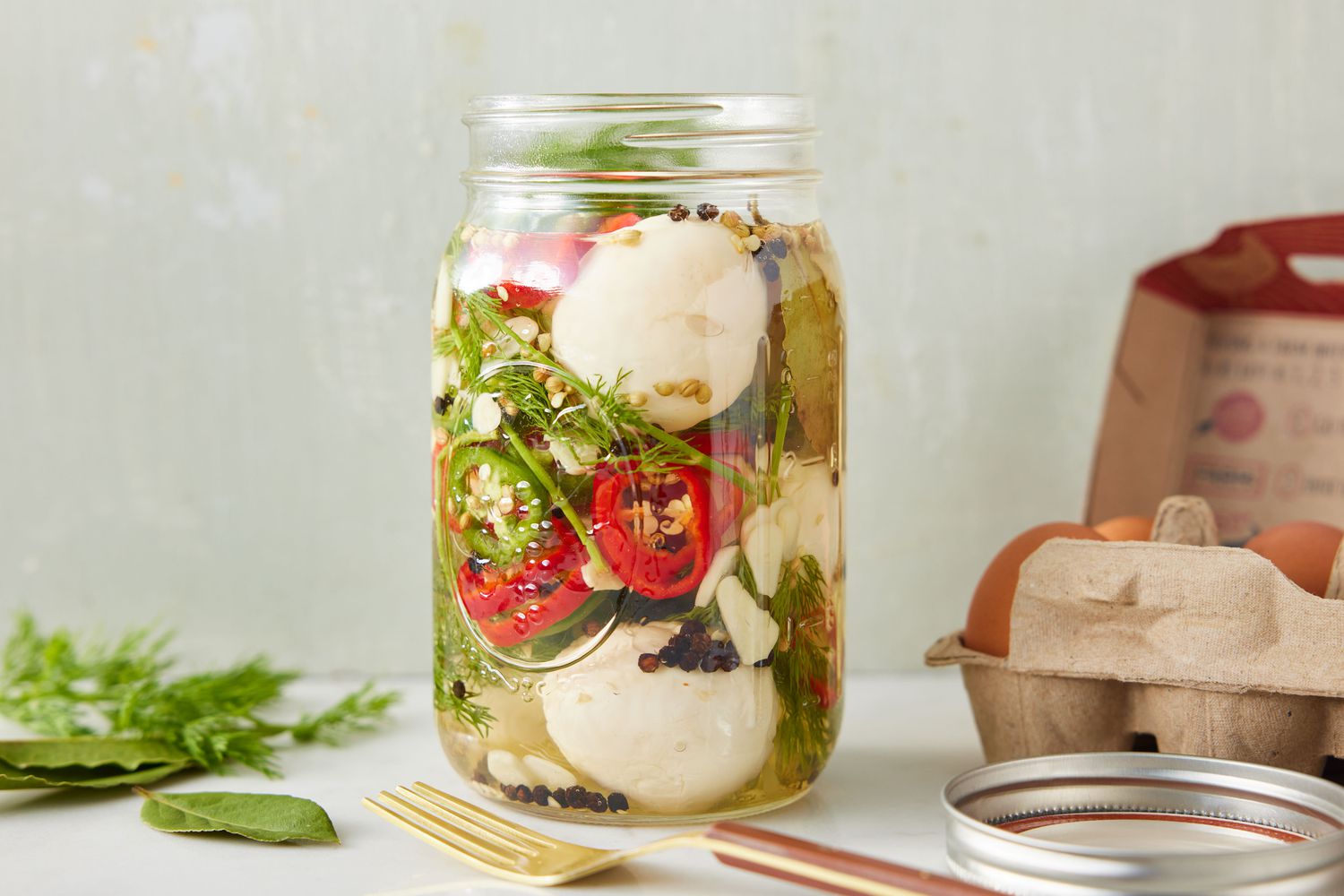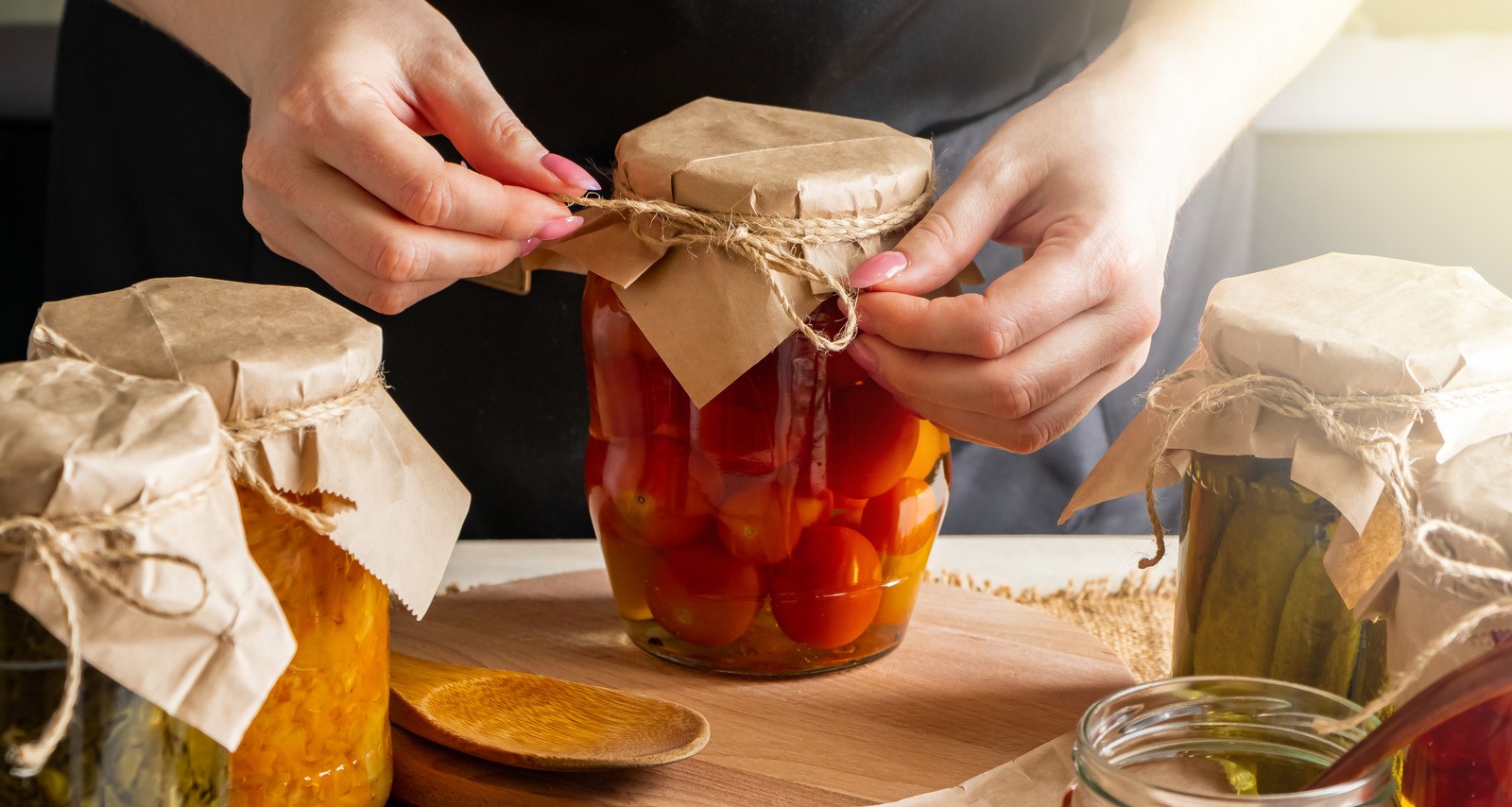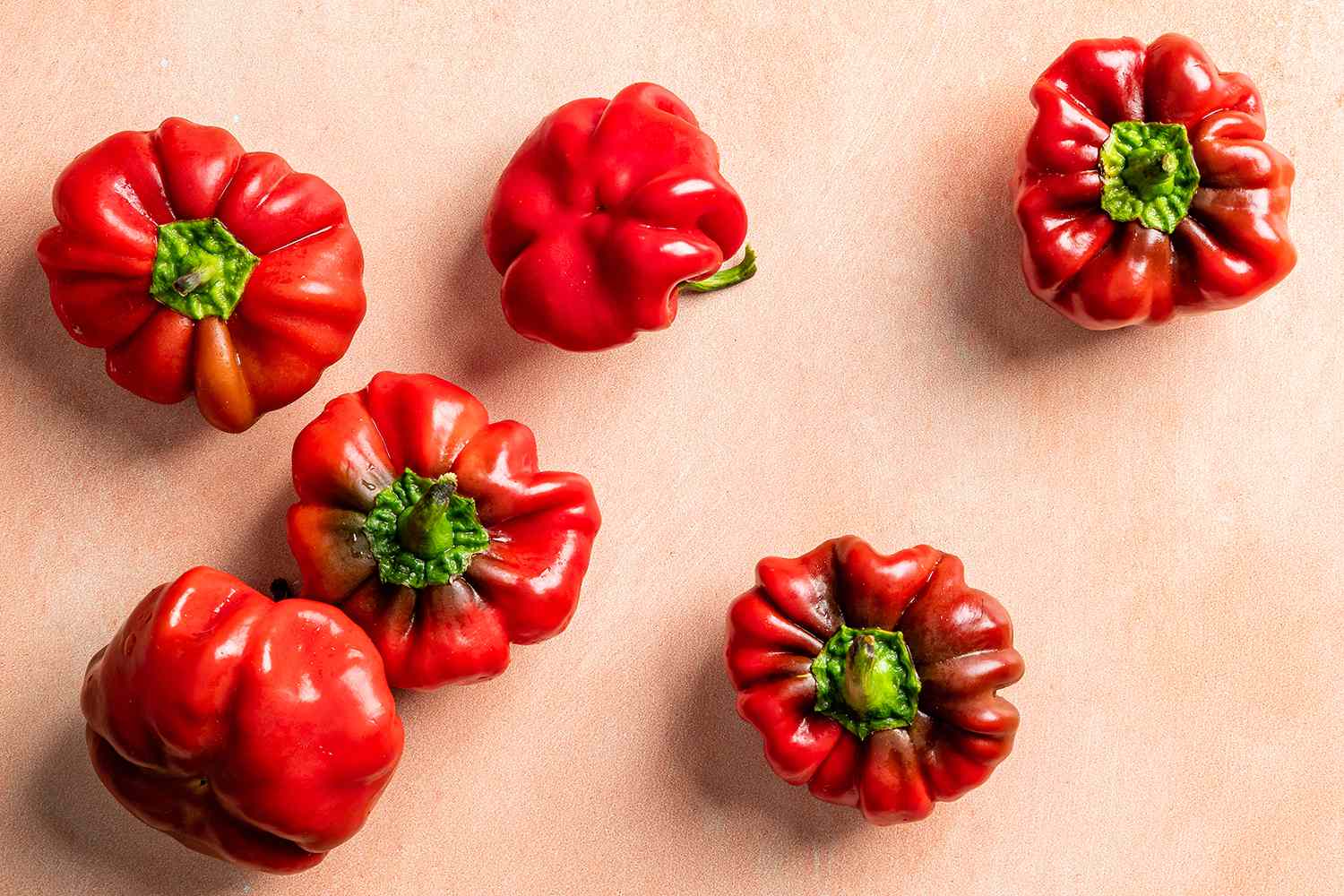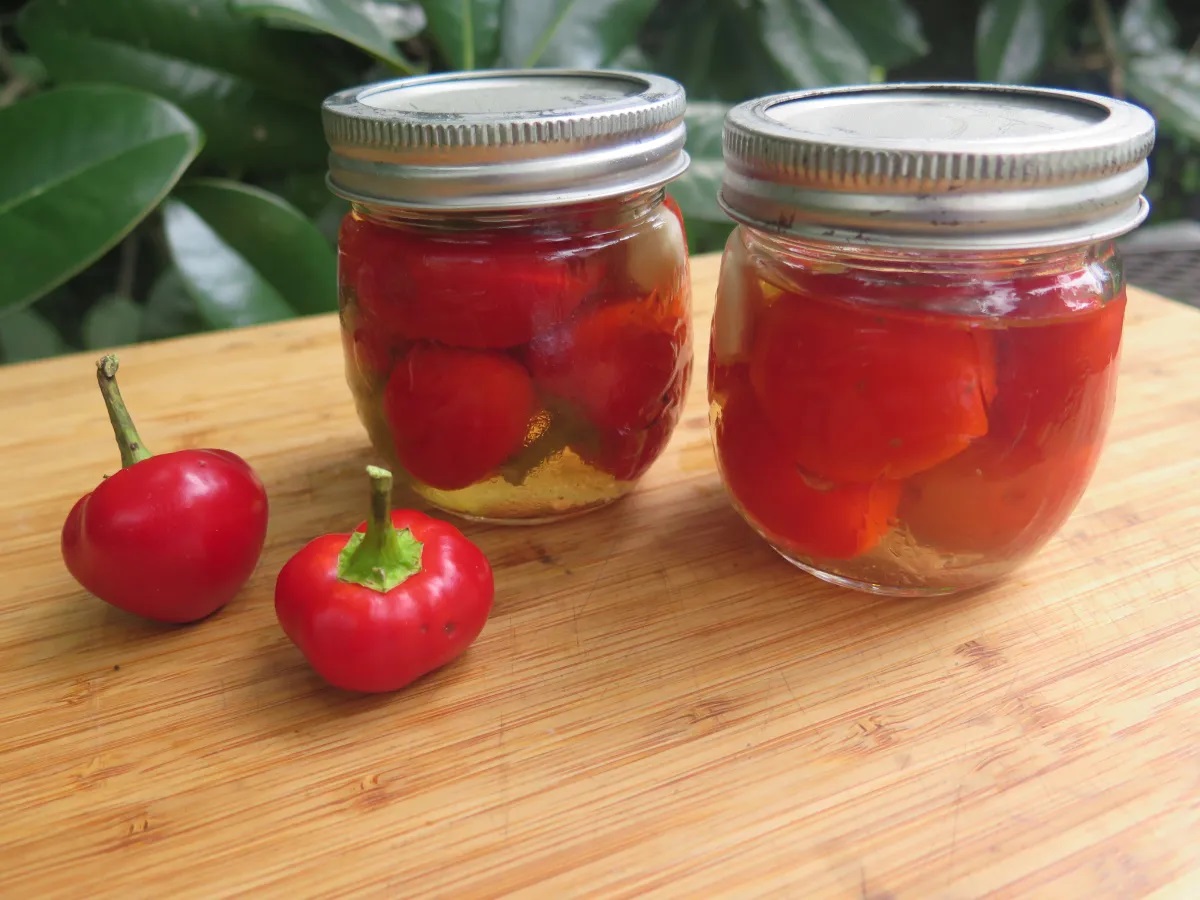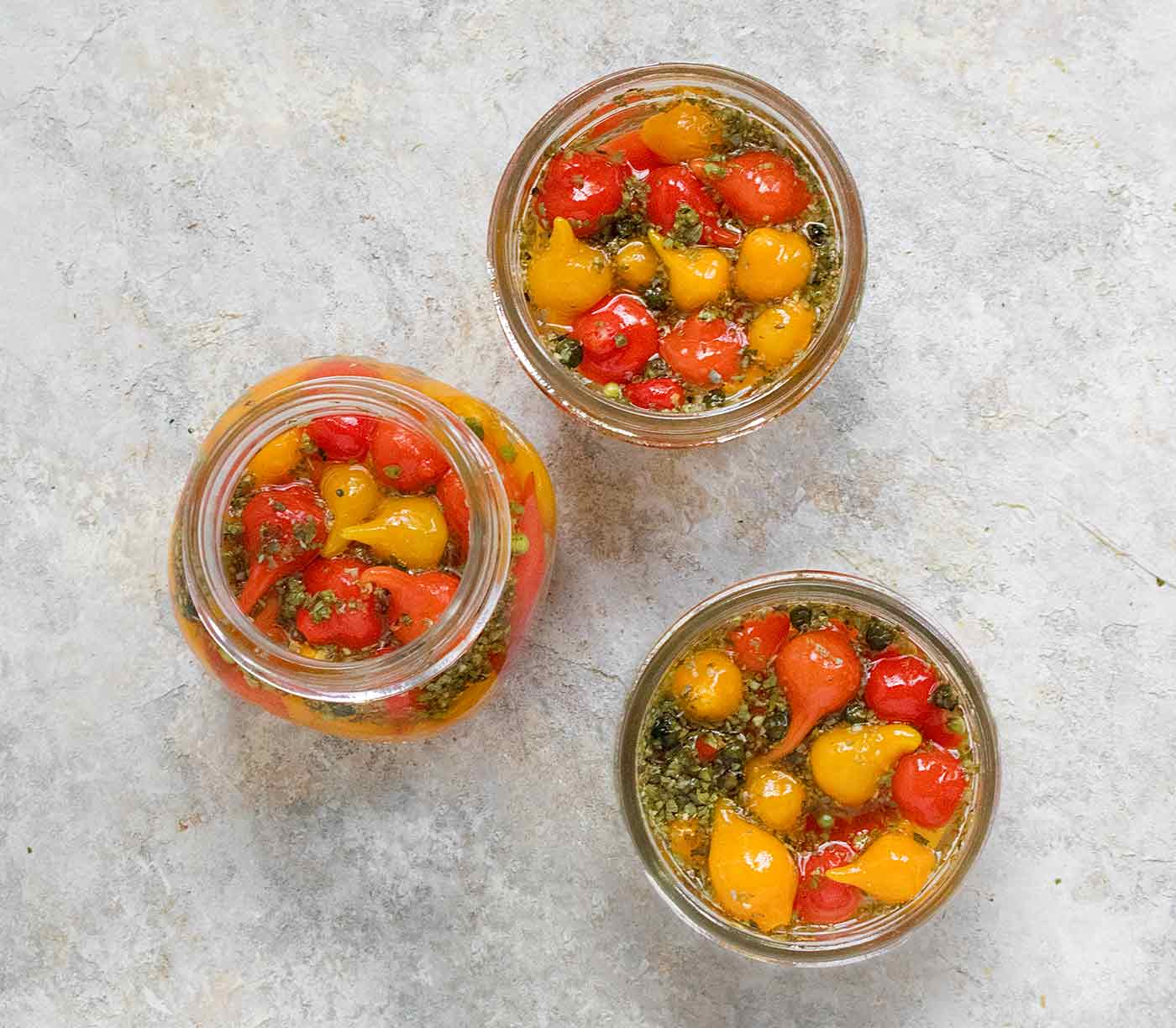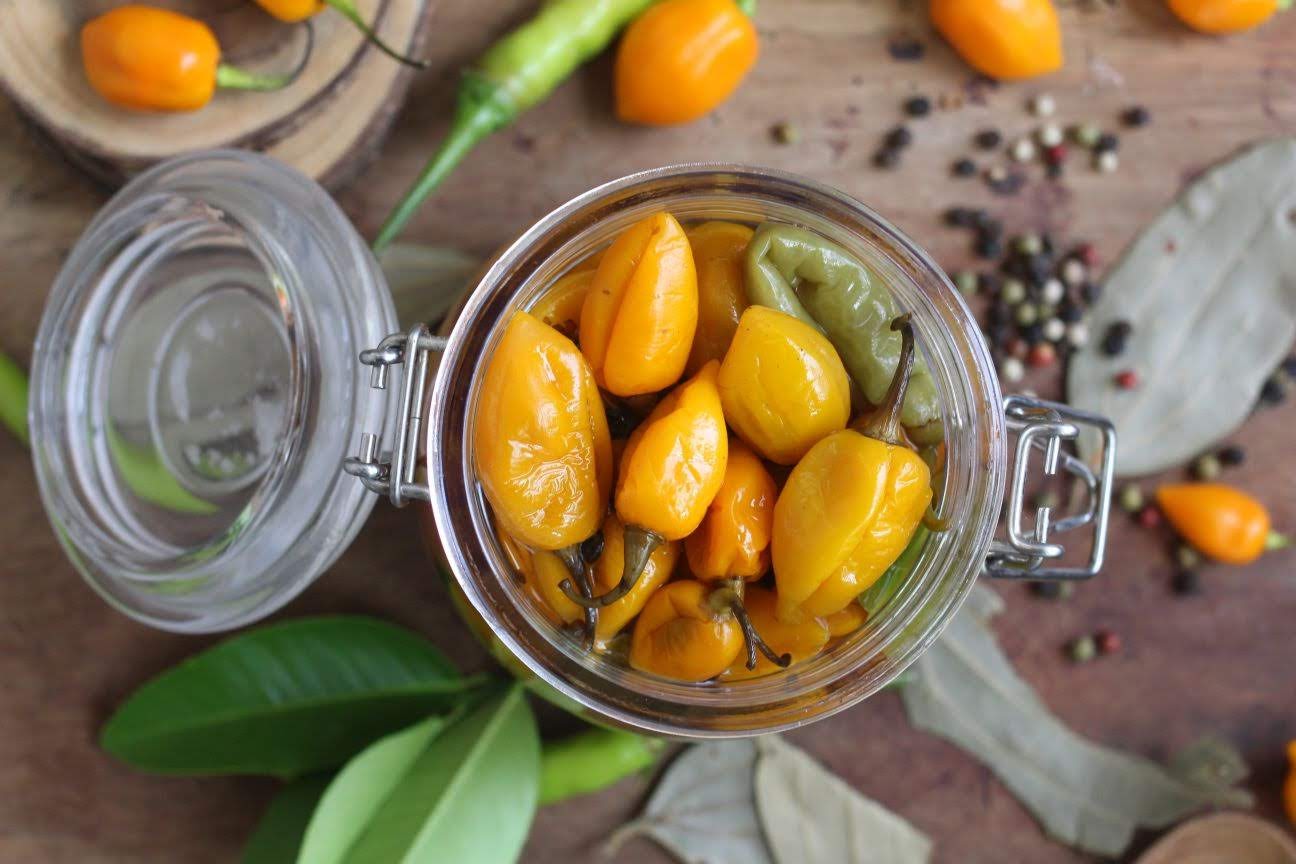Preserving the Freshness: How to Pickle Gooseberries
Gooseberries are a delightful summer fruit that can be enjoyed in a variety of ways. One unique and delicious way to savor the flavor of gooseberries throughout the year is by pickling them. Pickled gooseberries make a tangy and versatile condiment that can be enjoyed with a range of dishes, from savory meats to cheese platters. If you’re curious about how to pickle gooseberries, read on for a simple and easy-to-follow guide.
What You’ll Need
Before you begin the pickling process, gather the following ingredients and equipment:
- 2 pounds of fresh gooseberries
- 2 cups of white vinegar
- 1 cup of granulated sugar
- 1 tablespoon of pickling salt
- Whole spices such as black peppercorns, mustard seeds, and dill seeds
- A large saucepan
- Sterilized glass jars with lids
Step-by-Step Instructions
Now that you have everything you need, follow these simple steps to pickle your gooseberries:
- Prepare the Gooseberries: Rinse the gooseberries under cold water and remove their stems. Prick each berry with a fork to allow the pickling brine to penetrate.
- Make the Pickling Brine: In a large saucepan, combine the white vinegar, sugar, pickling salt, and a handful of your chosen whole spices. Bring the mixture to a gentle simmer, stirring occasionally until the sugar and salt are fully dissolved.
- Fill the Jars: Pack the prepared gooseberries into sterilized glass jars, leaving a little space at the top. Pour the hot pickling brine over the gooseberries, ensuring they are completely submerged.
- Seal the Jars: Secure the lids on the jars tightly and allow them to cool to room temperature.
- Store and Wait: Once cooled, store the pickled gooseberries in the refrigerator for at least a week before enjoying them. The longer they sit, the more the flavors will develop.
Enjoying Pickled Gooseberries
Once your pickled gooseberries have had time to mature, there are countless ways to enjoy them. They make a zesty addition to salads, a tangy topping for grilled meats, or a flavorful accompaniment to cheese and charcuterie boards. Get creative and experiment with incorporating pickled gooseberries into your favorite dishes!
In Conclusion
Pickling gooseberries is a simple and rewarding way to preserve the fresh flavors of summer. With just a few basic ingredients and a bit of patience, you can enjoy the unique tangy taste of pickled gooseberries all year round. So, why not give this easy pickling method a try and elevate your culinary creations with the delightful flavor of pickled gooseberries?
For those looking to try their hand at pickling gooseberries, there are several recipes that stand out. Pickled Gooseberry and Cheese Platter makes for a sophisticated appetizer, perfect for entertaining guests with a unique twist. Pickled Gooseberry Salad with Arugula and Feta offers a refreshing, tangy bite that pairs well with the peppery arugula and creamy feta. For a breakfast or brunch option, Pickled Gooseberry and Avocado Toast is a must-try, adding a zesty kick to the creamy avocado. Lastly, Pork Tenderloin with Pickled Gooseberry Sauce brings a gourmet touch to your dinner table, combining tender meat with a tangy, flavorful sauce. These recipes are great starting points for anyone eager to explore the versatility of pickled gooseberries.
Was this page helpful?
Read Next: How To Pickle Serrano Peppers
